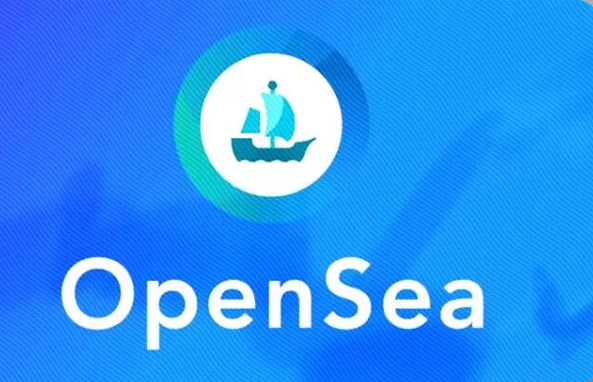OpenSea insisted that it is only abiding with federal sanctions legislation.
The U.S sanctions on Cuba are implemented through a number of different laws.
OpenSea, the biggest marketplace for NFTs, said today that it is prohibiting digital artists from all nations sanctioned by the United States, including Cuba, because of the embargo imposed by Washington.
The prohibition was first revealed following the disabling of NFTcuba.ART profile on the marketplace. It was announced through Twitter by the ART initiative, which assists Cuban artists in breaking into the NFT sector. And not only because “Cubans on the island, but those who have other nationalities have to endure censorship in web3 company”, as noted by NFTcuba.ART. The initiative argues that exiled Cuban artists are being treated unjustly by the embargo.
Creators Paying the Price
Because it has the word Cuba in it and possibly because they are frightened of sanctions. The collective’s website warned that the project has been removed from OpenSea. The New York-based firm, however, insisted that it is only abiding by federal sanctions legislation in the United States.
The United States’ sanctions on Cuba are implemented through a number of different laws. They are codified in the form of presidential orders, federal legislation, and regulations in the Code of Federal Regulations (CFR). Sanctions are complex since they restrict economic activity and other things. OpenSea has said that, due to these regulations, it would not provide service to users in Cuba.
OpenSea may be acting out of an abundance of caution but Cuban artist’s claim they have never been notified why their accounts were deleted. Many of the artists are Cuban exiles who no longer reside on the island, furthering the confounding nature of the situation.

